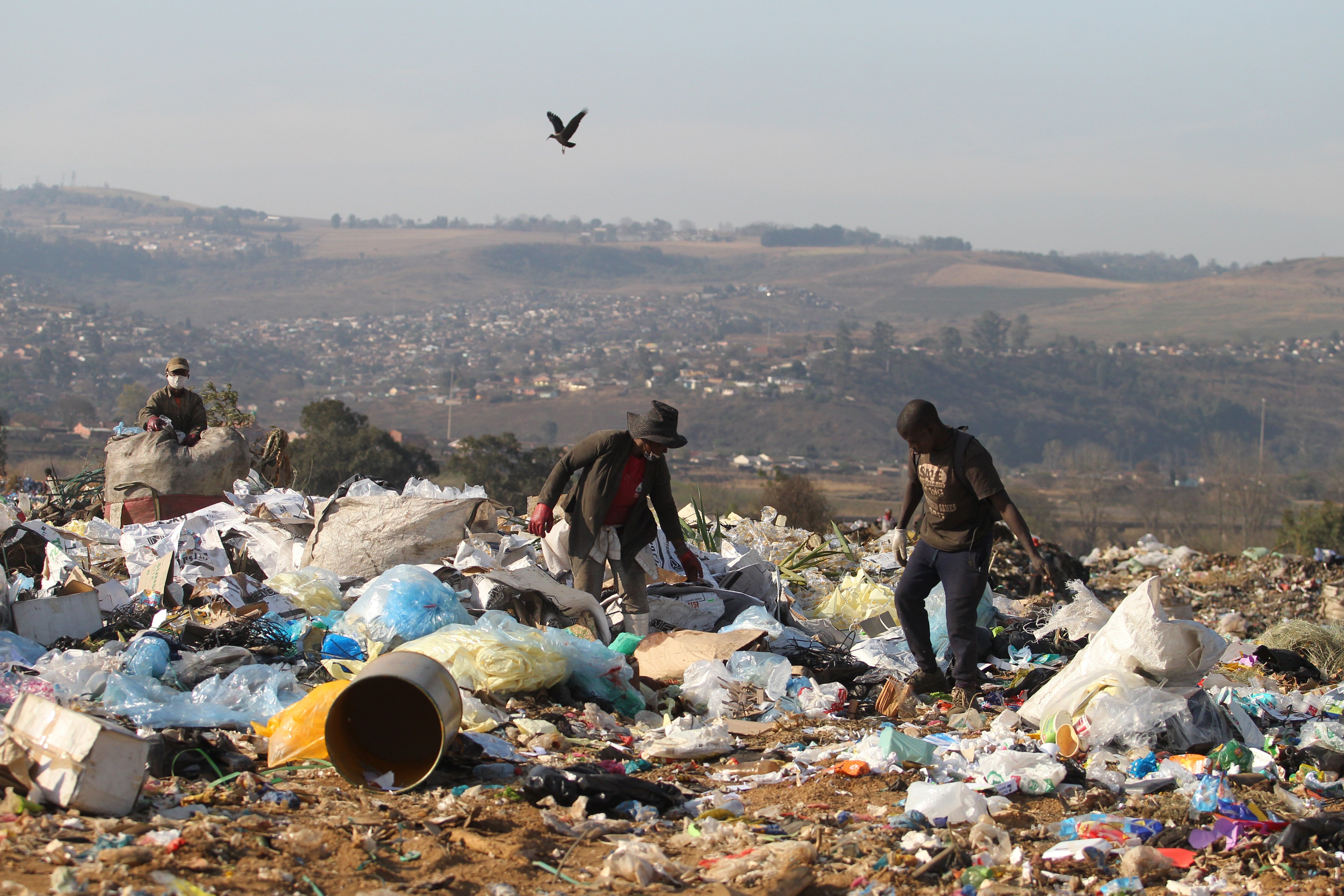Hard Numbers: South African unemployment, migrant Med deaths mount, Argentina devalues Peso, and NYC rat sightings are … down
1,800: According to the International Organization for Migration, more than 1,800 migrants have died this year trying to reach Europe via the central Mediterranean route, the deadliest of the world’s migrant routes. This route claimed 11 more lives on Monday when a boat carrying Tunisian and sub-Saharan African migrants sank off Tunisia’s coast.
18: Following libertarian populist Javier Milei’s unexpected success in Sunday’s primary in Argentina, the government decided on Monday to devalue the peso by 18% in a move that analysts say was likely discussed with the IMF. This is meant to head off uncertainty amid concerns that Milei, if he wins the presidency this autumn, wants to dollarize the economy and do away with Argentina’s central bank, plans that are bound to cause market instability.
20: New York City’s newly appointed rat czar recently led Harlem in its first-ever Anti-Rat Day of Action, an initiative that may help explain why rat sightings in the Big Apple were down 20% year on year in July. (P.S.: This hard number is a hint for this week’s crossword puzzle!)
